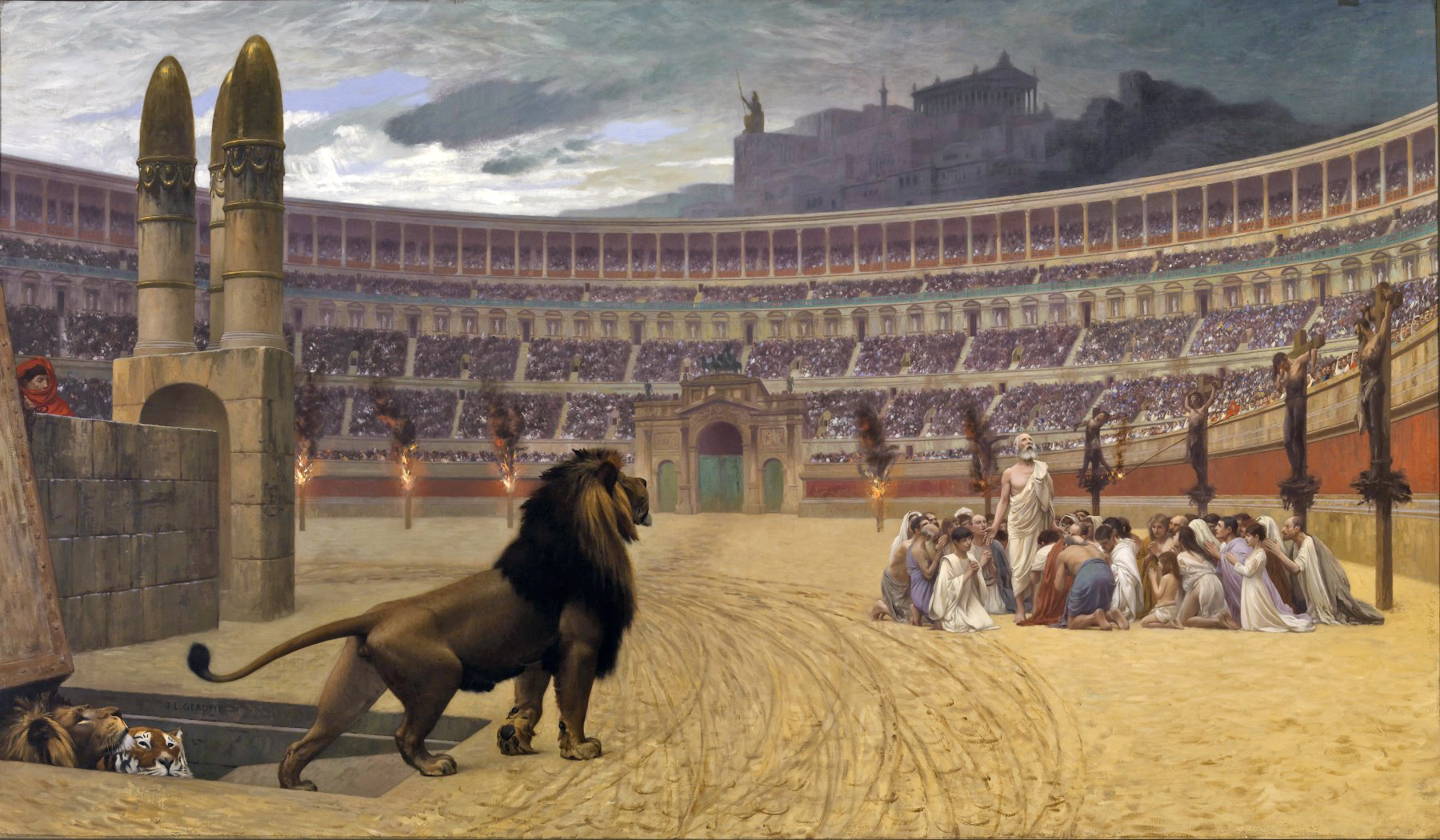
The myth persists of Catholics approving slavery, because there were individual Catholics who supported slavery or owned slaves or some nations, even Catholic Portugal promoted it.
If you ever see the movie "The Mission" the controversy of ownership of the land of the Mission was whether it was Spanish or Portuguese rule. Although it isn't the main part of the story, it involved slavery, which was illegal under Spanish law but not under Portuguese. Slavery was similar to today's issue of abortion, some Catholic countries outlaw abortion, while some so called Catholic countries allow it. Both slavery and abortion are human rights issues.
Scholars, with an axe to grind, use bad Catholics or wayward Catholic countries as “proof” that the Church accepted slavery, without drawing the necessary distinction that what individual Catholics, or "Catholic" countries may do, does not necessarily reflect the official teaching of the Catholic Church.
Saturday, September 24, 2022
Apologetics: Did the Church Ever Support Slavery?
Saturday, September 17, 2022
Founding of Christendom: Diocletian-- the Begining of the End -- post 25
 |
After the death of Emperor Carus (282 - 283 AD), who was struck by lightning on a campaign in Persia, Diocletian became the new Roman emperor from 284 AD to 305 AD. Like many Emperors before him, he left Christians alone in the beginning of his rule. He mainly wanted Rome to return to stability. For over a hundred years there had been a constant stream of emperors, usually tragically overthrown. This led to economic hardships and weakened borders with barbarians and Persians constantly hammering at the outlining territories.
He reformed the taxation and economy, as well as restructured the Empire. Although not fully successful, his reforms slowed down the decline of the Empire. He feared the civil wars of the past returning. His insight was that the succession of power was unstable, The senate’s power had been diminished and the Emperor’s power increased. He was the sole ruler of Rome. But he wanted help ruling. He arranged for the Empire to be divided into the Western Empire and the Eastern Empire. Diocletian would still be the ultimate ruler, but he appointed men to rule different districts.
Diocletian ruled the Eastern Empire, and set up co-emperors, called “Augustus,” one of the West– Maximian and one of the East himself. Maximian was a good friend of Diocletian in the army, a man he could trust. Both were soldiers. Maximian was more a man of action, and military commander, while Diocletian was more political. It seems that Diocletian wanted an able man to be his head of the army.
Each Augustus (eastern and western emperors) had a subordinate, called a Caesar, to share in the rule, and theoretically to succeed the Augustus, if he should die, or resign. The rule of four was called a “tetrarchy''. Two generals, Galerius and Constantius, became Caesars– Galerius under Diocletian in the east, and Constantius (father of Constantine – liberator of Christianity) under Maximian in the west.
Friday, September 2, 2022
Apologetics: Protestant Theology
Here is an excellent discussion on history and theology from a Protestant convert Dr. David Anders with one of the few orthodox Jesuits, Fr. Mitch Pacwa.
Why Tariffs Are Not a Tax on the Poor: Rethinking American Trade Policy
I. Introduction: The Charge Against Tariffs For years, critics of protectionism have repeated a simple refrain: tariffs are a tax on consume...
-
By drawing from Scripture and the teachings of Scott Hahn and the St. Paul Center The Catholic priesthood did not emerge in a vacuum. Roote...
-
Most Holy Father, Your election comes at a time of great upheaval. The world trembles beneath the weight of change—technological, social, an...
-
I. Introduction: The Charge Against Tariffs For years, critics of protectionism have repeated a simple refrain: tariffs are a tax on consume...